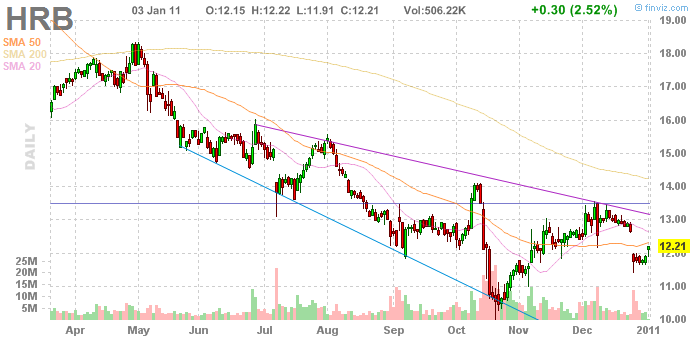 The peaceful dawning of a new year belies a struggle about to begin amongst the various players in the bankruptcy system — the battle for your tax refund.
The peaceful dawning of a new year belies a struggle about to begin amongst the various players in the bankruptcy system — the battle for your tax refund.
In corner number one sits yours truly, a hard fighting bankruptcy attorney looking for new clients. What better way, says I, to spend your refund than to use it to start the year with a clean financial slate? Refund money can be spent on bankruptcy filing fees, as well as legal fees in order to give you a fresh start. ‘Nuff said.
But wait! In the opposite corner, stands your bankruptcy trustee, should you go ahead and file a case. He or she views that same refund as an “account receivable,” which it is, and therefore part of your bankruptcy estate, which it is, and therefore possibly available to use to pay off your creditors.
How does the battle get resolved? Well, if you live in Massachusetts and can use the federal bankruptcy exemptions, you should be able to protect all of your refund, and use it to pay for your bankruptcy case. Ditto if you live in New Hampshire and use either the federal or state “wild-card” exemptions.
Those who need to use the Massachusetts state exemptions are in a tougher spot, however, since there is no wild-card available to them. These debtors may have to wait a bit, actually collecting the refund and paying it out to their attorney and the court, in order to avoid having a trustee unexpectedly seize it.
And there is even a third participant in this battle this year. The IRS is not going to be telling tax preparers when they clear refunds for payment anymore, meaning refund anticipation loans from providers like H & R Block may be tougher to get. Not good for Block’s business — take a look a how their stock has been battered by this news recently:
By Doug Beaton
